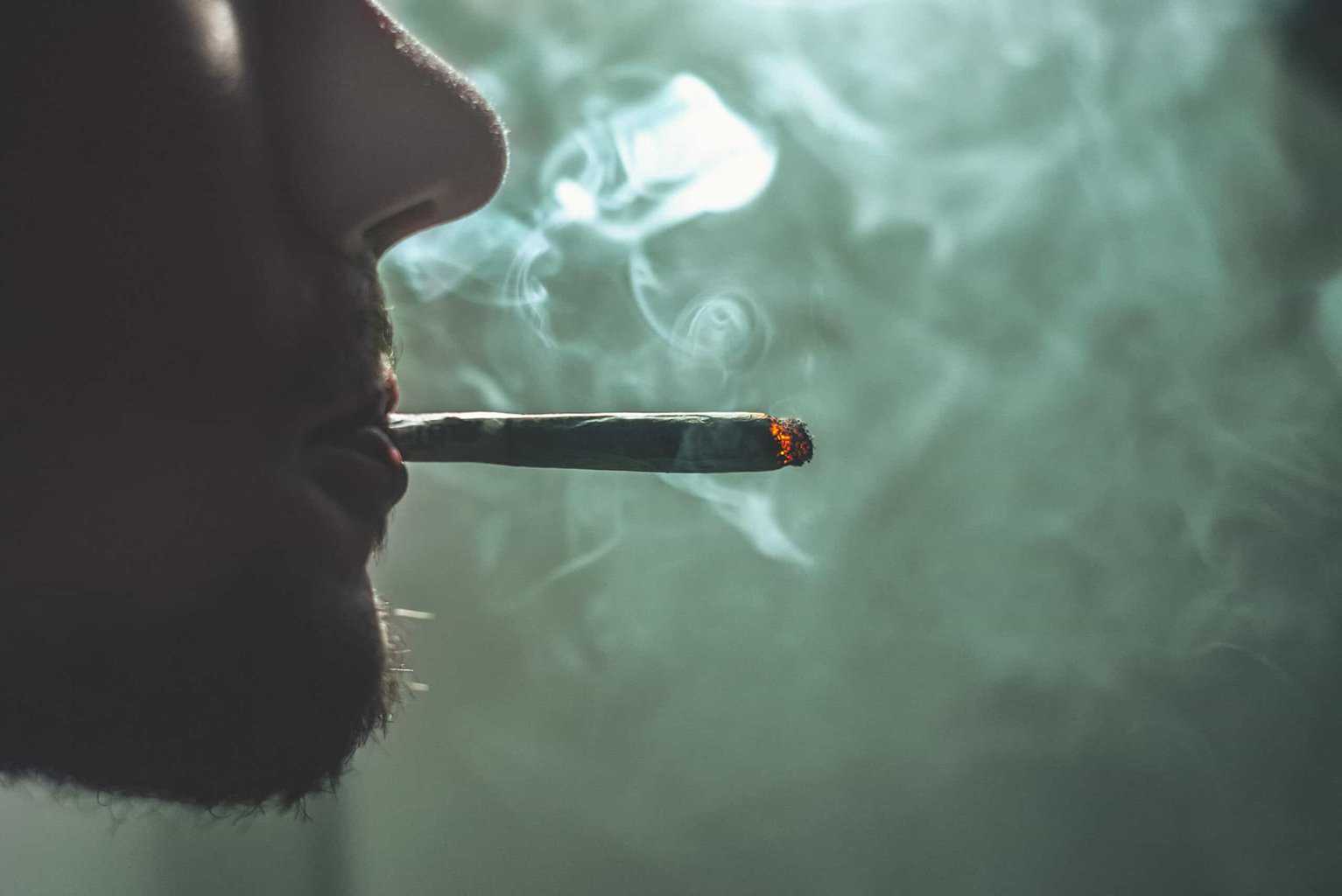Mental Health and Movement: Addiction

Contemporary usage of the word ‘addiction’ is highly confusing. In popular terms, it is used to describe any strong desire, passion or pursuit. However, it is also a highly stigmatized mental health condition that requires help and rehabilitation.
In this blog, we look at that addiction which is detrimental to one’s health and how one can overcome it.
What is addiction?
According to Psychology Today, when individuals engage in an activity that is pleasurable but they cannot stop doing it, even to the detriment of everyday living (such as work, hobbies, family time, finances, etc.), and their health and wellbeing suffer as a result, this behavior would be considered an addiction. For instance, someone who drinks alcohol too much and continues drinking despite being alienated from his family and being in debt, is probably addicted to alcohol.
Clinicians diagnose substance abuse disorders which are addiction to substances like alcohol, stimulants, opioids, etc. Many young people are also addicted to vaping, which they think is better than smoking cigarettes. But vapes contain high levels of nicotine too. The more you vape, the more your brain and body get used to having nicotine, and the harder it is to go without it. When you go without vaping, the nicotine level in your bloodstream drops, which may cause unpleasant feelings, physical symptoms, and strong urges to vape. This is nicotine addiction.
What causes our brain to be “addicted”?
The cause of addiction is generally in some form of emotional stress or an issue that is deeply buried in the subconscious mind and addressing that issue is very overwhelming and cannot be fathomed by the individual. To ease the pain caused by certain memories, work pressure and other stress caused by such situations, or to make them go away (albeit temporarily), a person tends to find pleasure in excess. They believe that stopping that can lead resurfacing of these stressful thoughts. Substances become a distraction from reality. Over a long period of time, if one doesn’t control intake of these substances, it becomes a habit, an unhealthy one.
A study in the European Journal of Neuroscience states that,”Addiction is a goal directed behaviour. The person performs the activity/takes the drug and gets high. As an outcome of the action. This forms as associative learning process like in Ivan Pavlovs experiment where he rang the bell to summon his dog and rewarded the dog with food. “
This associative learning is regulated with the use of a neurotransmitter called dopamine. Dopamine, as discussed in the blog on gut health, is naturally produced in the brain when we do something that gives us pleasure. It is part of our brain’s reward mechanism. One of its effects is that it creates a memory of that experience and hence we are compelled to seek out the experience again, and again.
Similarly, drugs like cocaine/heroine and even compulsive behaviours like gambling, binge- eating, compulsive spending and shopping, also make the brain release massive amounts of dopamine. This dopamine is prevented from being reabsorbed in the brain and the pleasurable effects last for a longer period of time.
In many instances where these behaviours are overly repeated or are chronic, the brain chemistry is altered to such an extent that when a normal activity which should have released dopamine is performed, the brain doesn’t produce the same amount of dopamine. Healthy activities don’t register anymore and so they are forgotten about eventually.
Addiction can be a side effect of other mental illnesses like:
- Depression
- Anxiety
- PTSD
Beyond Alcoholics Anonymous
If you haven’t heard of it, AA is support group from people who are addicted to alcohol and other substances. Many other groups exist in different cities and parts of the world, which help addicts overcome their addictions through group therapy and spirituality.
Other common lines of treatment include individual counselling or ‘talk therapy’. Therapy helps develop more effective ways to manage the feelings that they have suppressed that have led to these addictions.
However, in case of addictions, rehab centres, with a holistic care facility along with therapy works better. This is to help the person focus on why they engage in these behaviours, while also helping them overcome unhealthy habits by forming new healthy ones. One of the most common being physical activity.
Exercise > Addiction
Recently, exercise has been recognized as a treatment for addiction. Exercise is a healthy substitute for addictive substances as they both work on similar parts of the brain i.e. both release dopamine, the feel good chemical.
Exercise has a known impact on reducing stress, anxiety and depression. But it can also help alleviate withdrawal symptoms once the substance use is stopped. It has beneficial effects on one’s mood, and it is a good fit to help people in recovery to feel better, be more healthy and avoid relapse. It may also help repair some of the neurological damage caused by substance use.
Conclusion
Exercise by itself may not help to understand why the person became an addict or to recognize the triggers or to learn more effective ways of managing their emotions, but along with therapy and rehab, it will help the emotional state to become better and will make other therapies more effective.
If you are looking for a fresh new workout routine, try Pilates with us. Book a trial class now.
Check out the video below to see some fun Pilates exercises with a combination of props.
Written with Devarshi Susania
